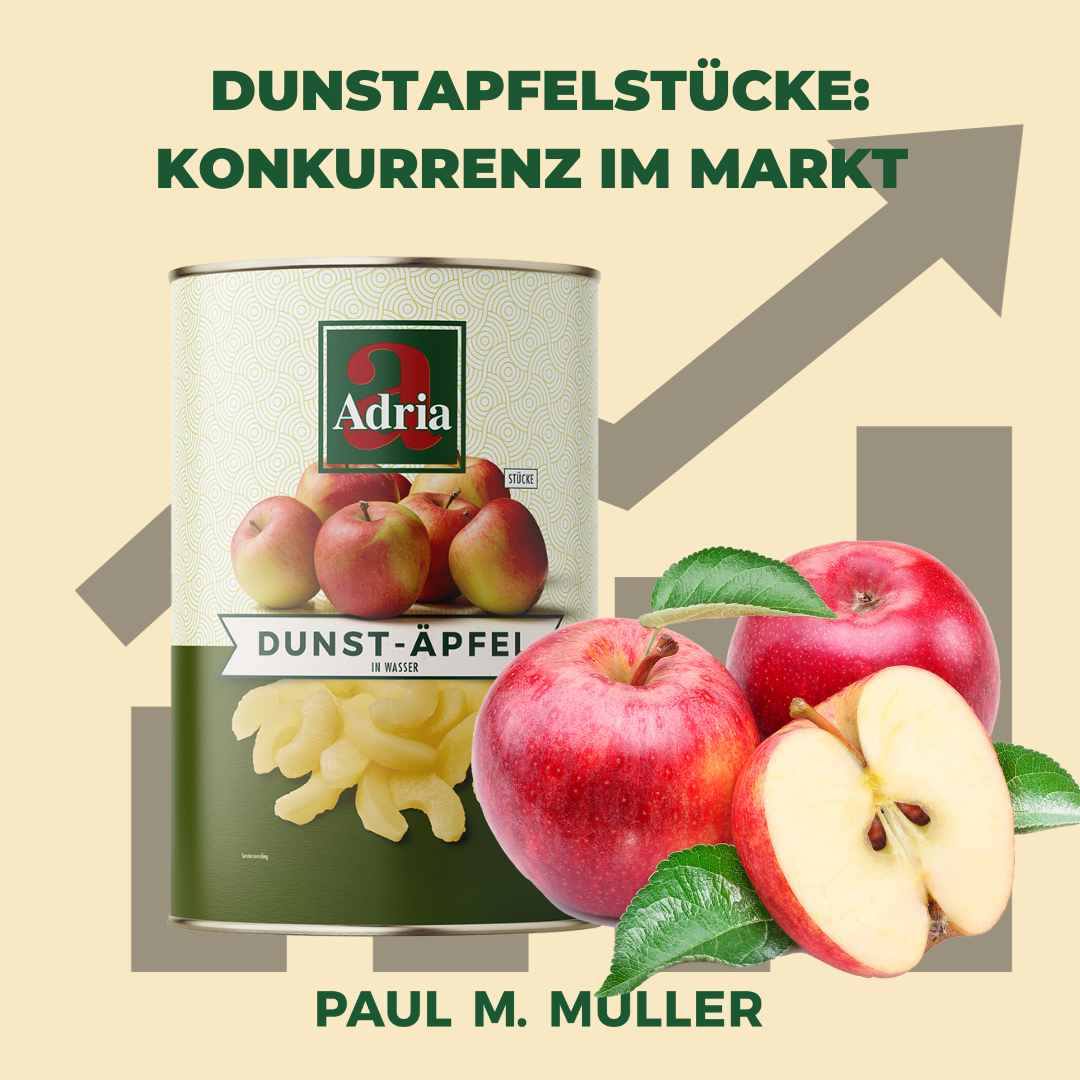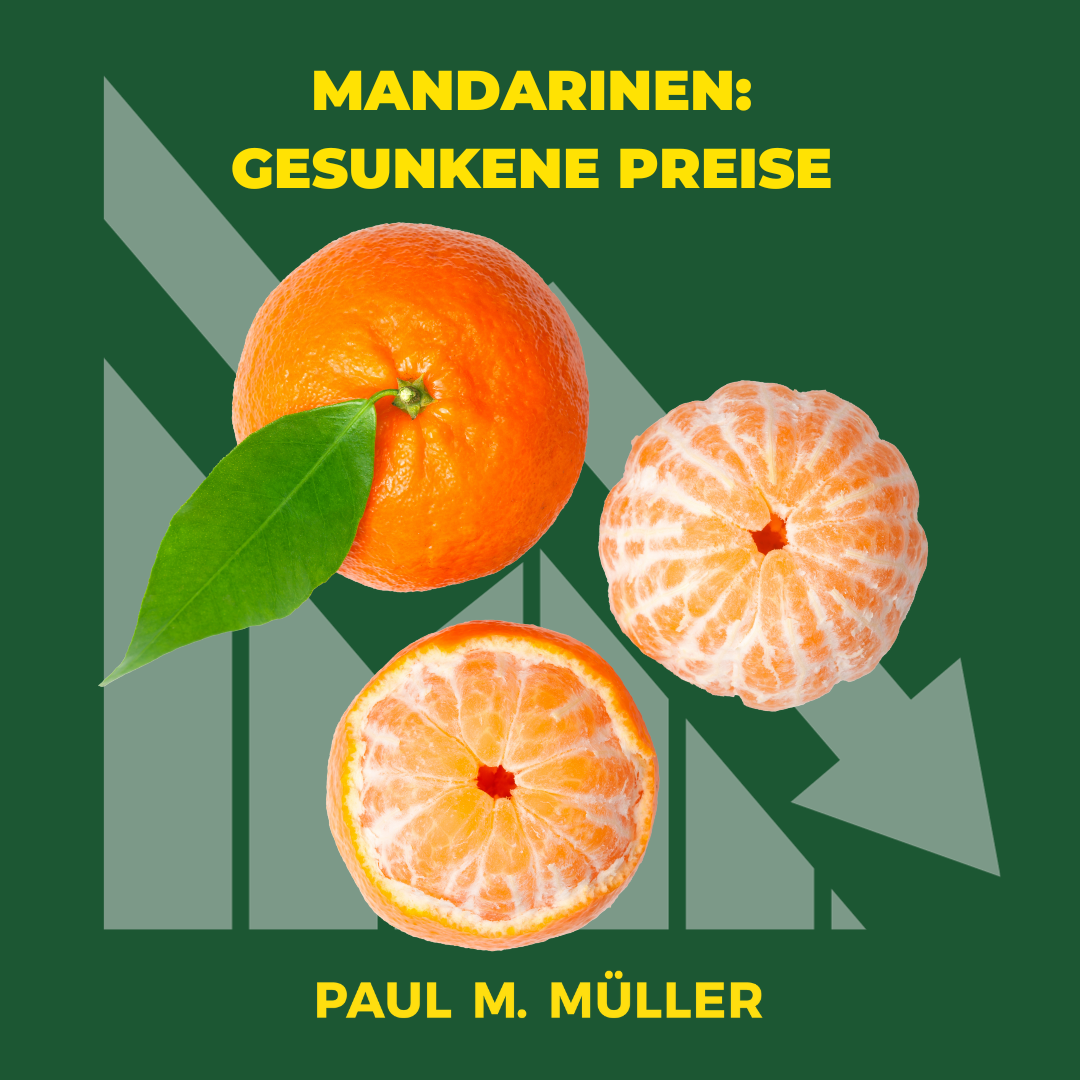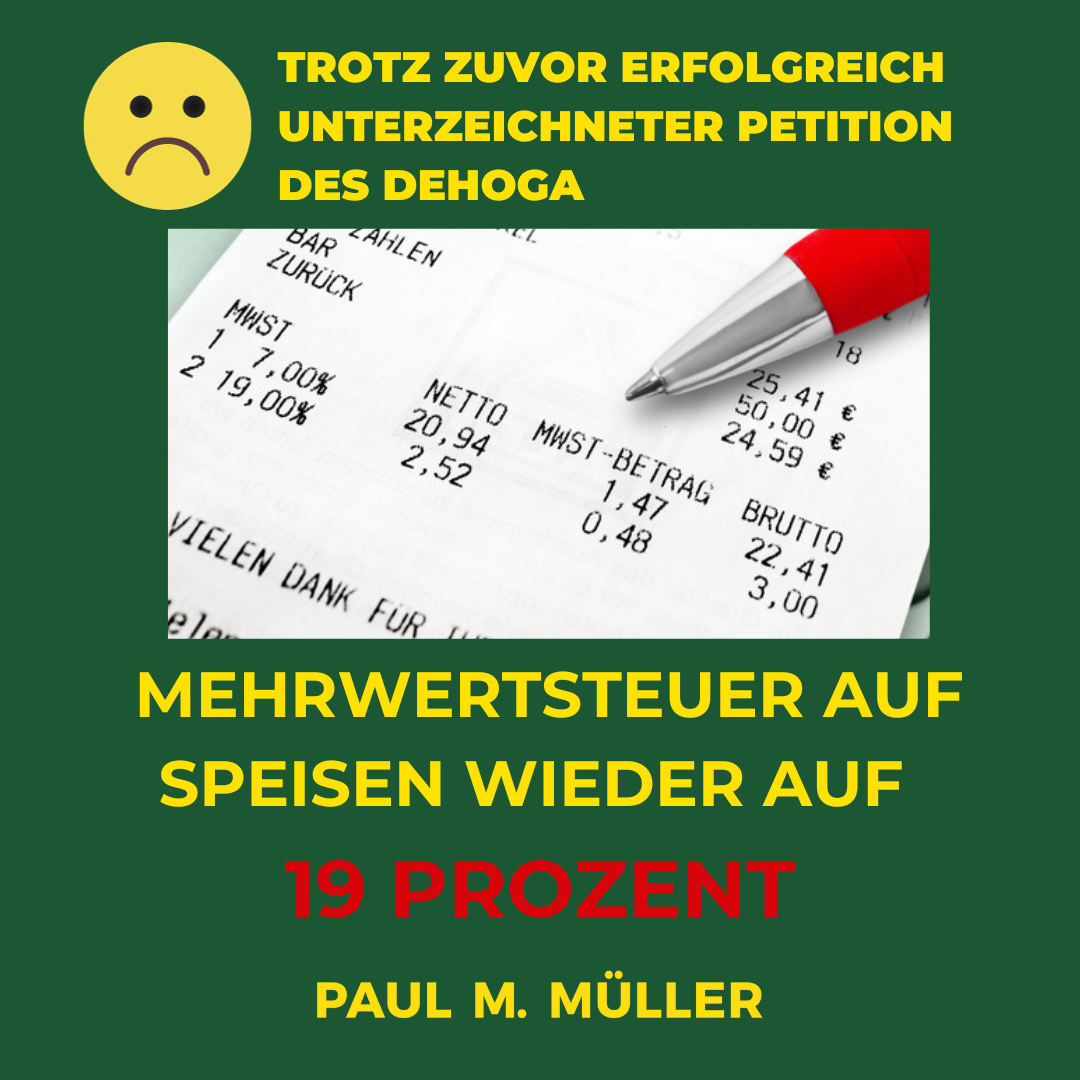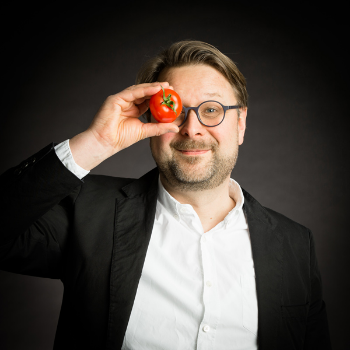PMM: The toll will be increased...
... and quite drastically. The current rate for trucks, which are commonplace and can be seen on the highway, is 19 cents per kilometer. As of December 1, the amount will now rise to 34.8 cents - that's an increase of 83 percent. For the Munich - Hamburg route of 800 kilometers, that is 152 euros so far and 278.40 euros in the future. I have never experienced such an increase in my entire professional life - and I am now 62 years old.
PMM: How are you dealing with the toll increase?
Although the toll increase has only now been decided, the facts have been on the table for many months. Back in the summer, I said to our customers: "Be prepared for the toll increase to come at the end of the year and for costs to rise by around 15 percent." I wouldn't be a good logistician if I didn't keep my ear to the ground and inform my customers about such developments in good time.
PMM: What does this mean for the industry?
We are exposed to massive cost increases. In addition to the 15 to 20 percent due to the toll, we are also facing nationwide negotiations by VERDI, which wants to negotiate a new collective agreement for 2024 - this also affects the logistics industry. In addition to other cost increases such as personnel, materials and general costs of all kinds, the toll will of course have an impact.
PMM: The German government would also like to see more e-trucks being used. Is that a possible solution?
I know entrepreneurs who are working on this topic, and we at Nordfrost are doing the same. But electric trucks are not suitable for the drop shipment business. The infrastructure is lacking and the performance of the batteries is not compatible with the modalities that we receive and have to process. You can move an e-truck in local transport, for example if it is stationed in Munich and drives in and around Munich - a maximum of 200 to 250 kilometers per day. In the long-distance business, other relations prevail, you have to map 600, 700, 800 kilometers.
PMM: Who is particularly affected by the toll increase?
The middle class. Larger companies on the market can afford it, they calculate the costs and pass them on. But smaller companies, which are perhaps also working in fear mode - which of course you shouldn't do in entrepreneurship - are very worried at the moment. Freighters in particular, i.e. companies with 10, 15 or 25 trucks, are very nervous at the moment.
PMM: What does this mean for the consumer?
The toll increase and the associated cost increases for transported products will also be felt by consumers, but not to any great extent. The cost of a liter of milk will probably rise by 1.2 cents. It is usually the case that food retailers and discounters squeeze their trading partners to such an extent that the existing price usually remains the same.
PMM: What could be possible solutions?
That is a difficult question that I cannot answer. But one thing is clear: the German government is interested in tapping into sources of money to finance economic programs and other current issues. Trucks are a simple and effective means of doing this. It has to drive - whether you like it or not. Even if the price increase had been put at 1 euro, it would have had to be paid.
PMM: So the wish to relieve the roads will not come true?
Definitely no. The effect you wanted to achieve - namely a reduction in the number of trucks on the roads - will not happen. Let's take your company Paul M. Müller as an example: the food that you offer on the market cannot be transported by rail. How is a combination of rail and truck supposed to get 5, 10 or even 15 pallets from you to the recipient by rail and road in the specified time?
PMM: Mr. Hautz, thank you very much for your time and the interesting interview!
Personal details:
Rainer Hautz is site manager of the NORDFROST in Hamburg and responsible for dry goods and container logistics, mainly for dry foodstuffs, i.e. canned goods, seeds, dried fruit, but also non-food for discount stores. His team comprises 20 people for all forwarding processes - from container trucking, official and customs procedures, storage and transportation of the goods to the next recipient.
Rainer Hautz has worked in his father's forwarding company since 1986, becoming a partner. After the death of his father in 2004, he became the sole shareholder, bought and restructured another forwarding company in 2007 and sold both companies to NORDFOST at the end of 2009. He has been with the company ever since. His favorite topic in the industry: always offering high-quality and reliable logistics at reasonable prices.










